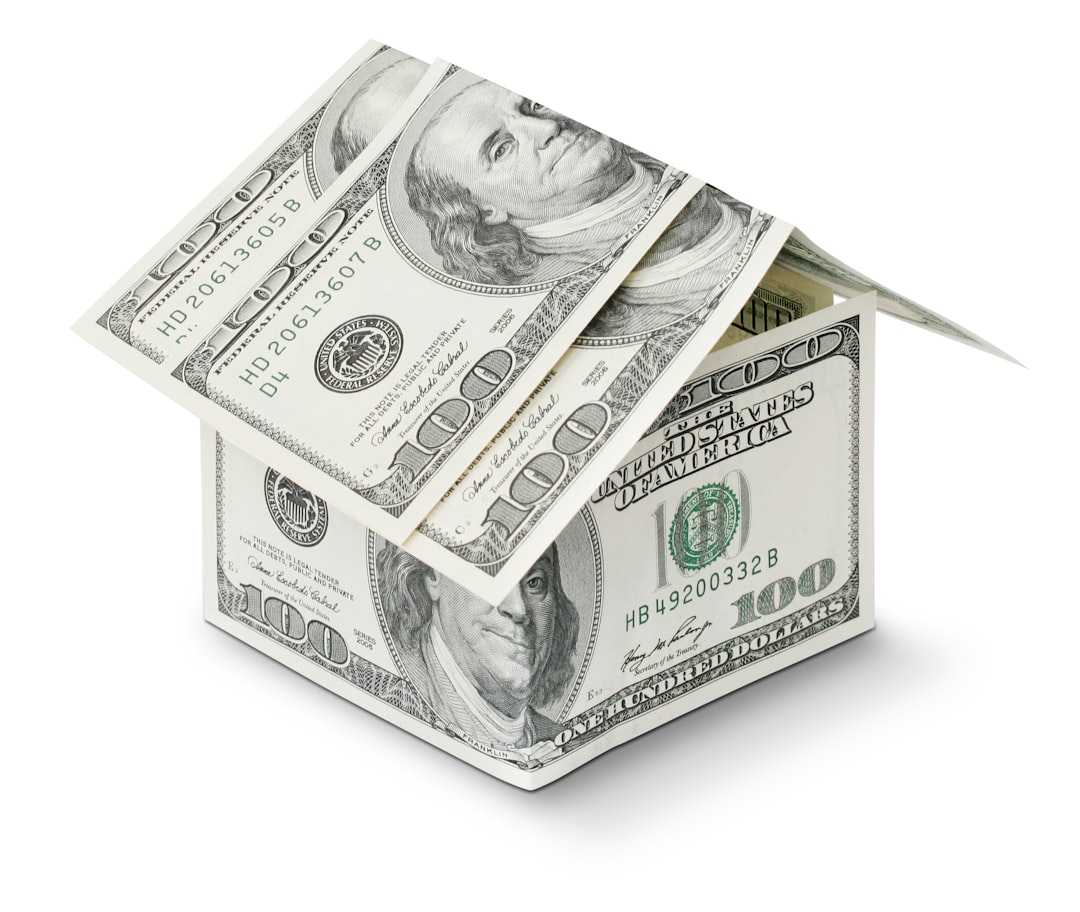Debt Consolidation Mortgages offer property owners a way to manage multiple debts by combining them into one mortgage with lower rates and manageable payments, saving on interest costs. However, significant home equity is required, missing payments risks losing the home, and extending the mortgage term may increase total amount paid over time. Before committing, conduct a thorough financial evaluation, understand loan terms, and consider alternatives to balance potential advantages against significant risks.
Thinking about using your home as collateral for debt consolidation? Explore the pros and cons of homeowner consolidation loans. This comprehensive guide breaks down the intricacies of debt consolidation mortgages, helping you understand the benefits and risks involved in securing your home to pay off debt. From interest rates and repayment terms to potential financial savings, make informed decisions about your financial future.
Understanding Homeowner Consolidation Loans

Homeowner consolidation loans, also known as debt consolidation mortgages, offer a strategic way for property owners to manage their financial obligations. This type of loan allows borrowers to combine multiple debts into one single mortgage with a lower interest rate and potentially more manageable monthly payments. It’s akin to refining your financial house by streamlining multiple high-interest loans into a single, more affordable one secured against your home.
These loans are ideal for homeowners looking to simplify their finances and save on interest costs. By consolidating debts like credit cards, personal loans, or even other mortgages, borrowers can reduce the overall interest they pay over the life of the loan. However, as with any financial decision, there are considerations. Homeowner consolidation loans often require significant home equity, carry the risk of losing one’s home if payments are missed, and may extend the term of the mortgage, potentially increasing the total amount paid over time.
Weighing the Pros and Cons of Securing Your Home

When considering a homeowner consolidation loan, it’s crucial to weigh the benefits against potential drawbacks. On one hand, debt consolidation mortgages offer a straightforward path to managing multiple debts by combining them into a single, more manageable loan tied to your home. This can simplify payment schedules, potentially lower interest rates, and free up cash flow that was previously allocated to various creditors.
However, securing your home as collateral for such a loan carries significant risks. If you default on the new mortgage, you risk losing your property. Moreover, consolidation might not always lead to substantial savings; fees and closing costs associated with the process could eat into any potential interest rate benefits. It’s essential to thoroughly evaluate your financial situation, understand the terms of the loan, and explore alternative options before making a decision.
Homeowner consolidation loans can be a powerful tool for managing debt, offering a simpler payment structure and potentially lowering interest rates. However, it’s crucial to weigh the risks, such as equity loss and extended loan terms, against the benefits before securing your home. Carefully considering your financial situation and exploring alternative options will help ensure you make an informed decision regarding a debt consolidation mortgage.
